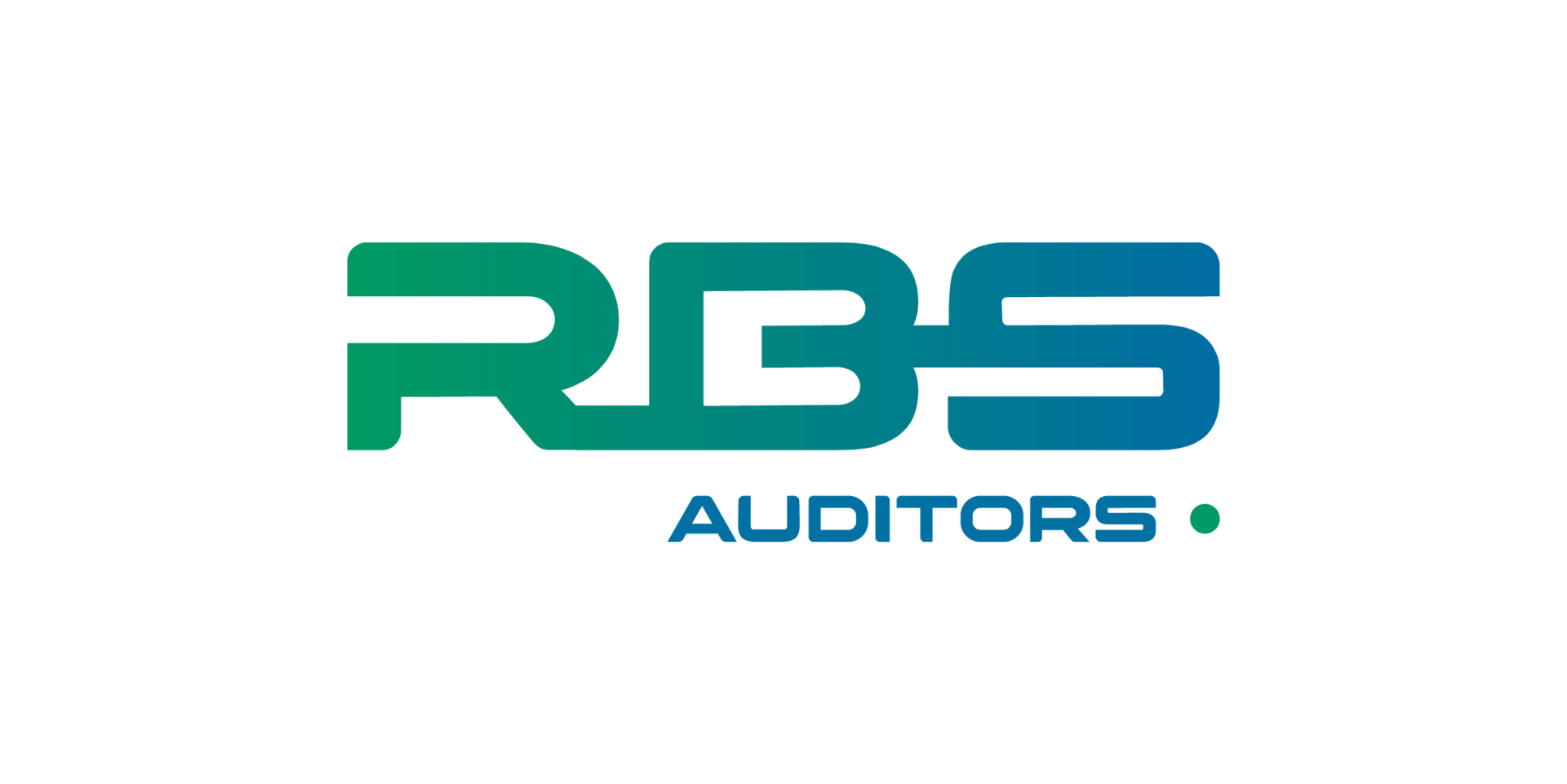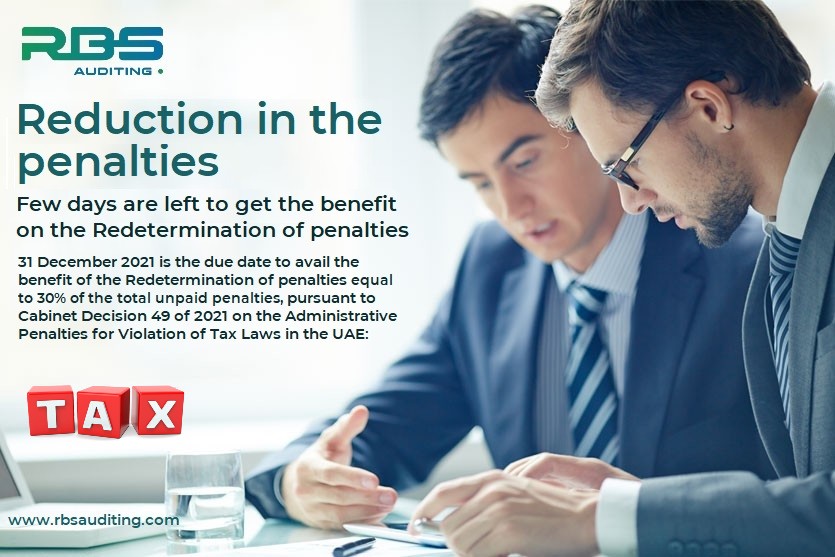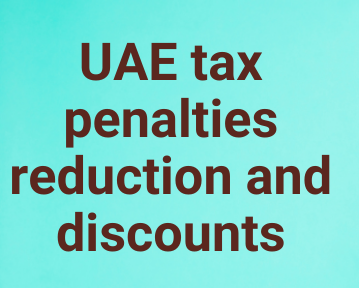Federal Decree- Law No. (18) of 2022 (‘’the Amendment of VAT Law w.e.f January 01, 2023’’)
Summary of VAT amendments:
| Article Number | Title | VAT Amendments |
| Article 1 | Definitions | New definitions have been introduced for –
Relevant Charitable Activity, Pure Hydrocarbons, Tax Evasion, Tax Audit, Tax Assessment and Voluntary Disclosure. |
| Article 5 | Supply of Goods | Entry into a contract between more than two parties entailing the transfer of Goods at a later time will be considered as supply of goods as per new amendment. |
| Article 7 | Other out-of-scope transactions | A new clause inserted which allows the Executive Regulations to stipulate any other transactions that can be considered outside the scope of VAT. |
| Article 15 | Registration Exceptions | Exception to register from tax is now extended to include registered persons having 100% zero rated supplies, in addition to non-registered persons. |
| Article 21 | Cases of Tax Deregistration | New amendment grants the Federal Tax Authority, the right to deregister any registered person if they assume that the taxable person’s VAT registration may cause any harm to the tax system. |
| Article 26 | Special Date of Supply | The date of supply under Clause 1 now includes the date on which one year has passed from the date on which the goods or services are provided. |
| Article 27 | Place of Supply of Goods (continuous supply) | As per new clause, place of supply of goods that include export or import will be inside UAE if Article 26(1) applies AND the ownership of the goods has been transferred inside the UAE. |
| Article 30 | Place of Supply in Special Cases (transport-related services) | Clause is extended to include transport related services in the rule of special place of supply. Place of supply means place where transportation starts. |
| Article 33 | Place of residency (Agent/Principal) | The place of residence of principal will be the place of residence of the agent as per changed clause. |
| Article 36 | Value of Supply and Deemed Supply for Related Parties | Where a deemed supply occurs between related parties, the value of supply would be determined by the market value, as per amended law. |
| Article 45 | Supply/Import of Goods and Services that are Subject to Zero Rate | Import of following added to the zero-rated list
· means of transportation and goods related to means of transportation · rescue planes and ships · crude oil and natural gas · Related basic healthcare goods. · investment precious metals (if they are supplied or imported for investment purposes.) |
| Article 48 | Reverse Charge | Reverse charge will apply to “Pure Hydrocarbons” instead of “any form of hydrocarbons” |
| Article 55 | Recovery of Recoverable Input Tax in the Tax Period (Imports) | The first condition of the Article for recovery of input tax as per the reverse charge mechanism is amended with the addition to keep invoices and import documentation (i.e. for goods only) for the importation of goods or services. |
| Article 57 | Recovery of tax by Government Entities and Charities | Government entities can recover tax if incurred for the provision of sovereign activities.
charitable organisation can recover tax if incurred for the provision of relevant charitable activities. |
| Article 61 | Instances and Conditions for Output Tax Adjustments (additional case) | Clause inserted which requires taxable person to adjust output tax after the date of supply not only if the tax was charged in error but also if the application of the tax treatment was incorrect (e.g., where it was treated as exempt/zero rated instead of taxable at 5%) |
| Article 62 | Mechanism for Output Tax Adjustment | Tax credit note must be issued within 14 days from the date of occurrence. |
| Article 65 | Conditions and Requirements for Issuing Tax Invoices (obligation to pay VAT) | It has made mandatory for the taxable person to pay the VAT to the Federal Tax Authority in cases where such person issues a tax invoice stating VAT on it or receives an amount as VAT. |
| Article 67 | Date of Issuance of Tax Invoice (for continuous supplies) | Now it has been specified that the date of issuance of tax invoice under continuous supply will be 14 days from the date of the supply. |
| Article 79 bis | Statute of Limitations (new article) | · The statute of limitation of 5 years not applicable where FTA has issued a notice to audit, provided audit is completed within 4 years from notice date.
· statute of limitation will be extended by one year if taxable person files voluntary disclosure in 5th year. · Voluntary disclosure cannot be filed by the taxable person after the lapse of 5 years. |















